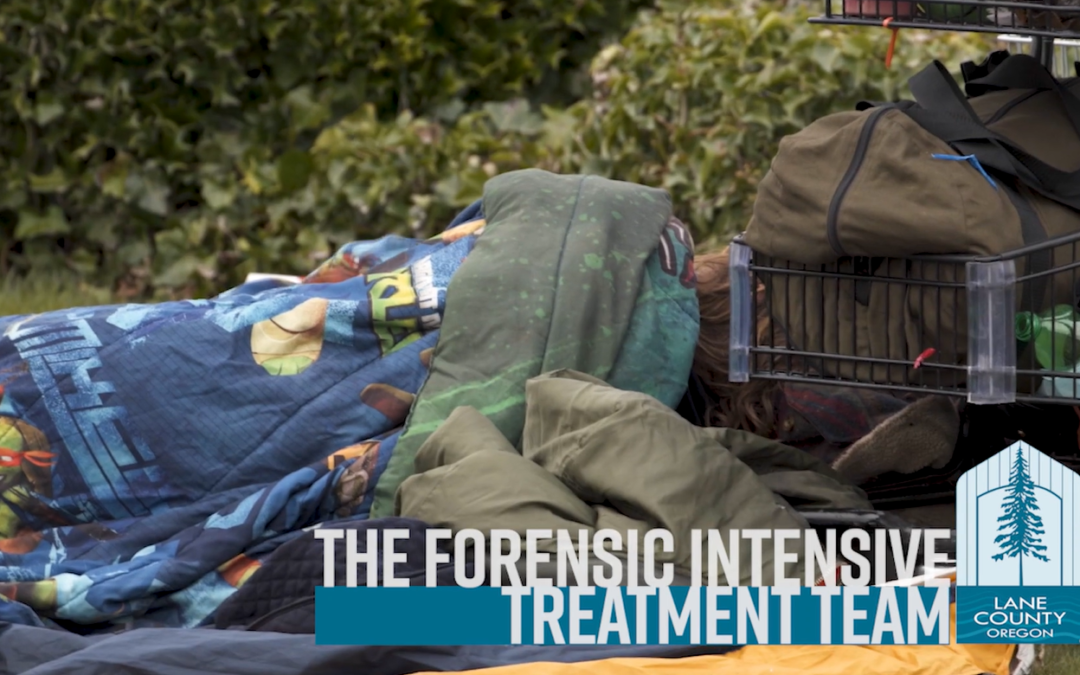Lane County is taking steps toward developing a Law Enforcement Assisted Diversion (LEAD®) model deflection program in response to the new misdemeanor for drug possession that is effective September under House Bill 4002. The program aims to redirect individuals struggling with addiction and mental health issues away from the criminal justice system and into appropriate treatment and support services. Lane County has secured half of the $1.9 million needed to develop the program and aims to launch it by the end of the year.
To spearhead this program, Lane County has appointed Clint Riley as the program coordinator. Riley, who recently retired as Lane County Sheriff’s Office Jail Commander, brings a wealth of experience from his long career in law enforcement. He has witnessed the profound impact of addiction and mental health problems firsthand and is acutely aware of the urgent need for alternative solutions. “The jail is the one size fits all system right now, but we need to have several other systems for law enforcement to use. I see a lot of people get stuck in the system because of addiction and mental health challenges. A deflection program will give police a place to put them instead of in jails or the emergency room,” Riley said.
However, Lane County faces several challenges in meeting the community’s needs. There is a pressing need for more staff to provide peer support and treatment, additional beds for those in need, and logistical solutions to serve the large geographical area spanning from the coast to the Cascade Mountains. Lane County is also grappling with a high rate of overdose deaths, one of the highest in Oregon, according to Riley, alongside a substantial unhoused population.
Unlike Marion County’s LEAD® program, which is managed by the sheriff’s office, Lane County’s program will be operated by the Community Justice and Rehabilitation Services Department. Regular meetings are being held with various stakeholders, including law enforcement agencies, the courts, the district attorney, and behavioral health agencies, to tailor a program that addresses the specific needs of the Lane County community.
The deflection program will complement existing services such as FITT (Forensic Intensive Treatment Team) and CAHOOTS (Crisis Assistance Helping Out On The Streets). CAHOOTS, a well-known service in Eugene and Springfield for over thirty years, provides mobile crisis intervention, whereas FITT is designed to offer intensive clinical care, case management, and peer support to individuals who frequently use jail, hospital, or institutional placement systems. Funded by the IMPACTS (Improving People’s Access to Community-Based Treatment, Support, and Services) grant from the Oregon Criminal Justice Commission, FITT focuses on delivering wraparound care, including mental health and substance use treatment, to high-need individuals.
The strategic goal of these programs is proactive engagement — reaching individuals before they reach a crisis point, thereby preventing their entry or re-entry into the criminal justice system. By meeting clients where they are and bringing services directly to them, these initiatives aim to build meaningful connections and relationships with those who are often caught in a cycle of crisis and institutionalization.
“The opportunity to create a new program that has the potential to save lives by connecting people facing substance use issues to the right home for their needs is one we are taking very seriously,” said Lane County Board of County Commissioners Chair Laurie Trieger. “It is energizing to work with a wide range of community partners to imagine new ways to help people. If we do this right, we can not only help people suffering with substance abuse issues, but improve the lives of their loved ones and the community at large, too.”
Contributed by: Erin Good | Communications Coordinator
This is the second article in AOC’s series on counties setting up deflection programs. Read the previous article about Marion County: County Deflection Programs | Marion County Law Enforcement Assisted Diversion (LEAD®) Program

